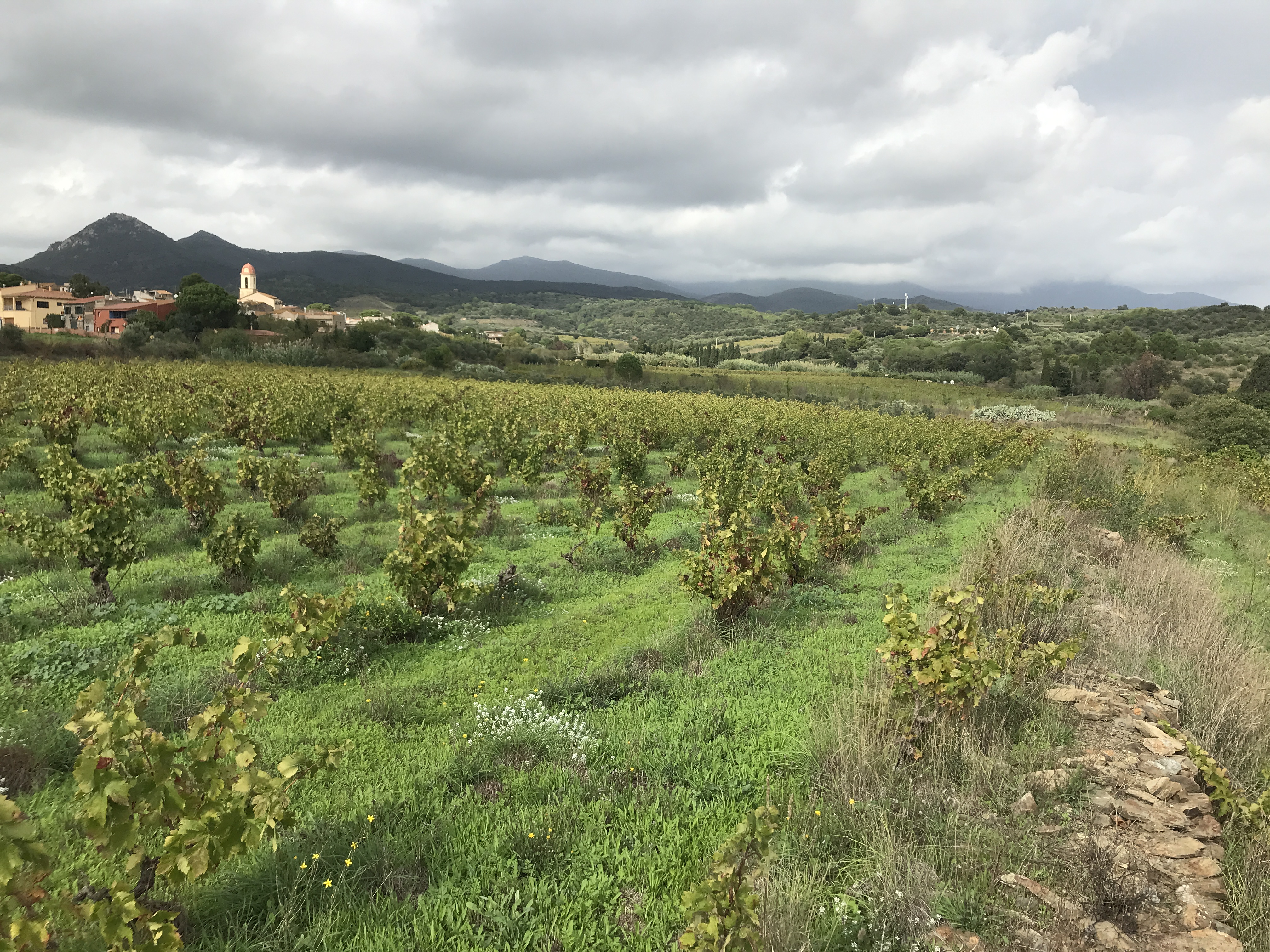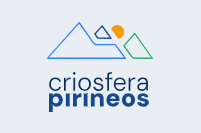Promoting exchanges on the measures developed by LIFE MIDMACC in La Rioja, Aragon and Catalonia
From 17 to 21 October 2022, a week of visits, exchanges and reflections was organised with project partners, invited stakeholders from the three regions where the LIFE MIDMACC project is implemented (Catalonia, Aragon and La Rioja) and guests from Greece, Italy and Portugal. Members of the Department of Forestry, Wood Science and Design (FWSD) of the University of Thessaly in Greece, of the Centre for Research, Study, Safeguard, Coordination and Valorisation of Mountain Viticulture (CERVIM) in Italy and of the Department of Biology and Biotechnology of the Polytechnic Institute of Bragança (IPB) in Portugal have been invited to share their experiences and visit the experimental plots developed by the project.
The LIFE MIDMACC project promotes landscape management measures in rural mid-mountain areas in La Rioja, Aragon and Catalonia, aimed at adapting to climate change and improving socio-economic development. These measures consist of: i) the recovery of pastures by clearing scrubland and introducing extensive livestock farming; ii) forest management for fire prevention and maintenance with extensive livestock farming; and iii) the introduction of vineyards in mountain areas.
These measures developed by LIFE MIDMACC provide elements of response to the effects of climate change in the mountainous areas of southern Europe where droughts are spreading and worsening and the frequency of fires is increasing; in addition to suffering in recent decades, rural abandonment and the reduction of socio-economic activity.
The week was divided into common sessions where the partners of the LIFE MIDMACC project detailed the intervention protocols in the plots, presented the progress and commented on the first results obtained. The invited actors presented studies and experiences developed in their regions where forest management and goat breeding for fire prevention purposes, the cultivation of heroic vines (cultivation on terraces, on slopes or seashores, native varieties) or even studies on optimal grazing conditions for fire prevention.
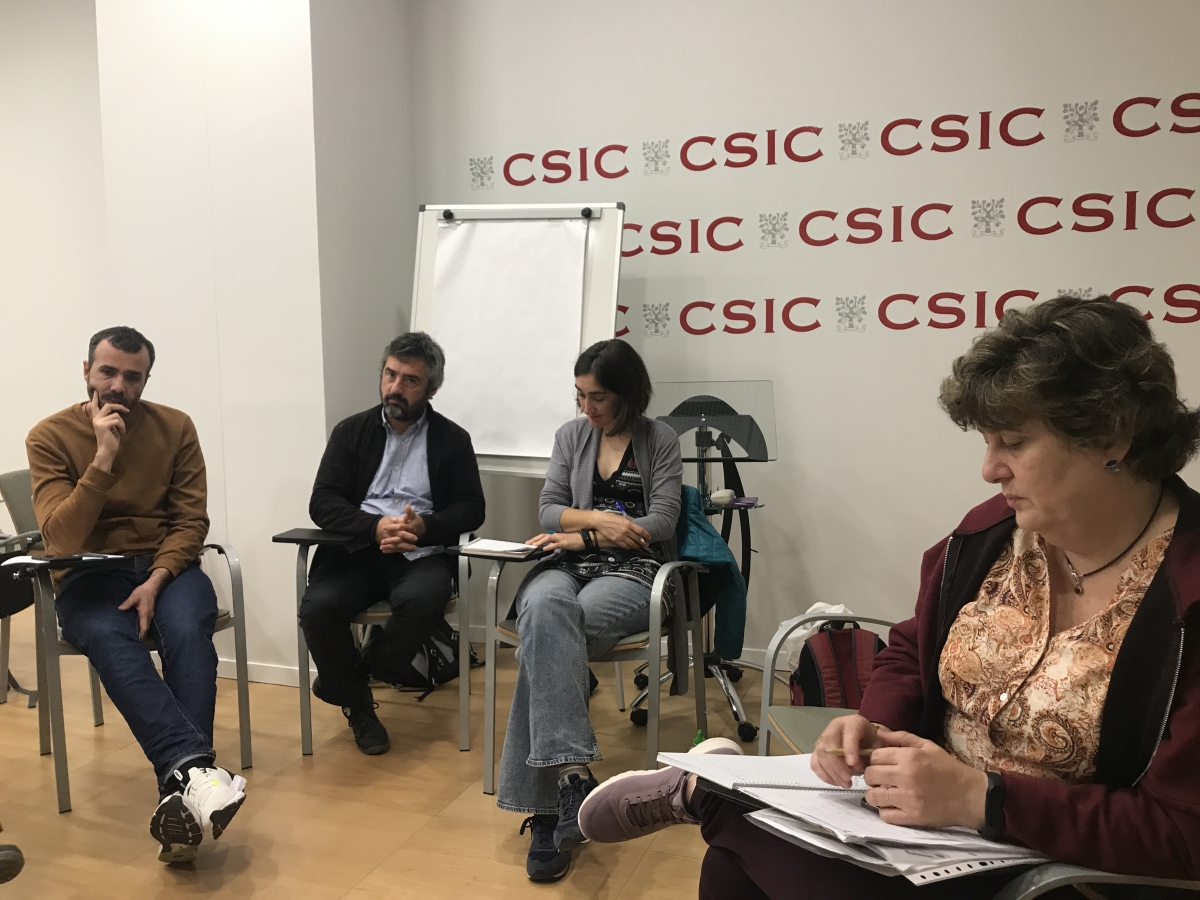
Another part of the week's programme was carried out in two groups where one group focused on visiting pasture recovery and forest management plots with extensive livestock farming and another group visited vineyard plots. These visits allowed a close look and exchange on the experiments carried out by LIFE MIDMACC, evaluating the impacts of different maintenance techniques, forest management and cultivation on indicators such as soil moisture, erosion or analysis of microbial biodiversity.
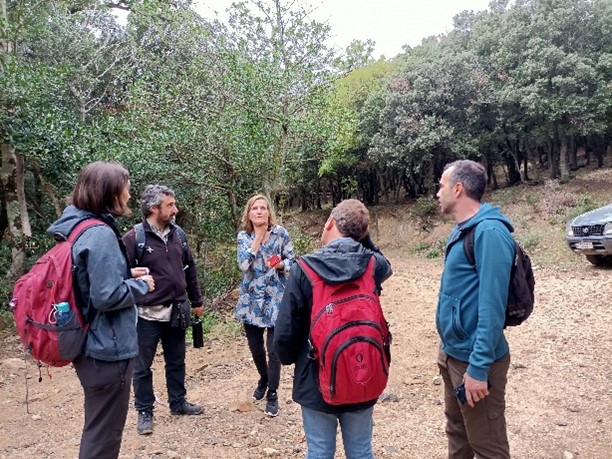
Reflection spaces have been generated throughout the week to discuss among all participants the relevance of measures towards adaptation to the effects of climate change or even to reflect on the consideration and support to these measures from territorial, national and European policies.
This week of visits and exchanges is part of the activities framed in the Action C6 of the LIFE MIDMACC project that promotes the replicability and transferability of project results in the Pyrenees and Euro-Mediterranean areas. The Pyrenean Climate Change Observatory (OPCC) of the Working Community of the Pyrenees (CTP) is responsible for this action and is now working on actions to be developed in 2023 to further nurture the potential for replication in the Euro-Mediterranean areas and disseminate the learnings from these experiences to a wide range of Pyrenean and European mid-mountain actors.
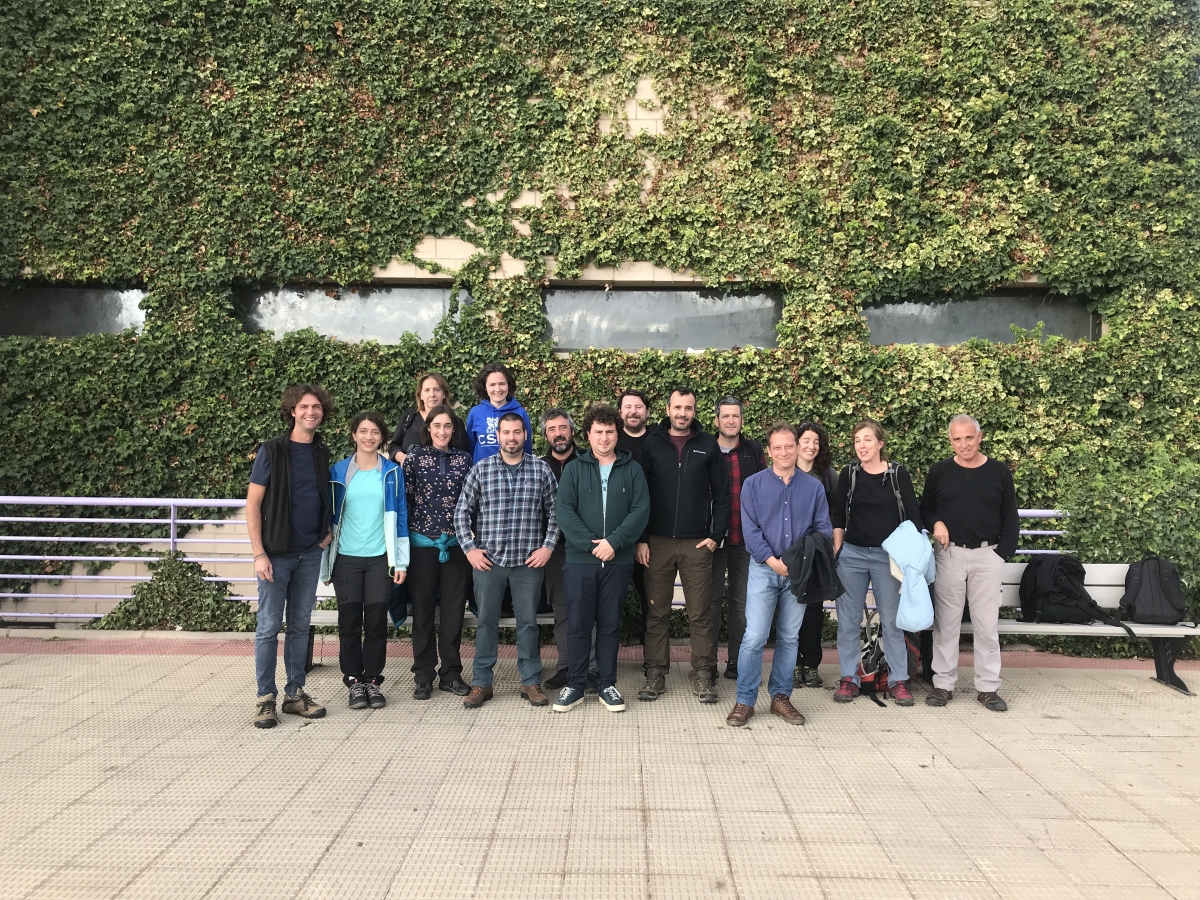
More information on the LIFE MIDMACC project website: life-midmacc.eu/
PYRENEAN CLIMATE CHANGE OBSERVATORY
Avenida Nuestra Señora de la Victoria, 8
22.700 - Jaca
Huesca - España
+34 974 36 31 00
info_opcc@ctp.org

